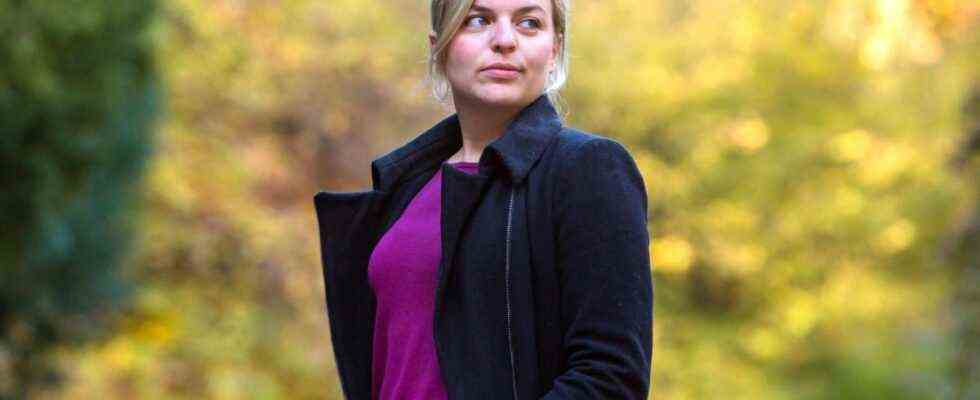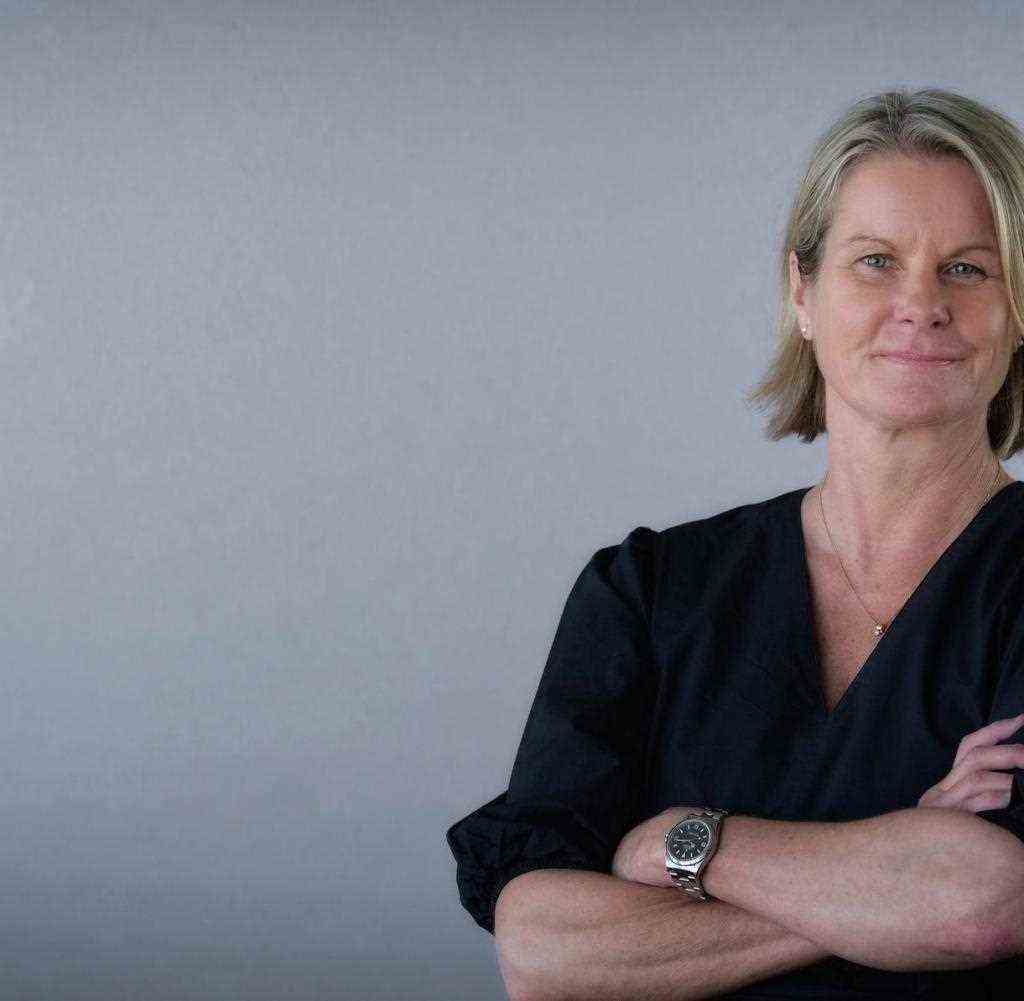WORLD: Ms. Schulze, you have criticized the term “Freedom Day” as “misleading” because it gives the impression that “we would not have been free in the past year and a half”. That was “nonsense”. What do you mean?
Katharina Schulze: The term “Freedom Day” suggests that we have been living unfree for a year and a half. That mocks everyone who lives in authoritarian or totalitarian states Life. Historically, the term comes from South Africa and stands there for the end of colonialism and racial ideological apartheid and for the democratic awakening.
With the term, the narrative of the “lateral thinkers” is adopted that we would live in a Corona dictatorship. Yes, fundamental rights have been restricted – to protect other fundamental rights such as the integrity of life.
WORLD: There is still something between “We live in a Corona dictatorship” and “We were free the whole time”.
Schulze: Yes, some restrictions were very, very painful. Some, like the temporary ban in Bavaria on sitting on a park bench alone, were simply nonsensical. Not only was the proportionality incorrect, but the specific degree of efficiency was also missing. It would have taken more prudence and political creativity to achieve the actual goal, namely to effectively protect the population.
WORLD: Who his dying mother in Nursing home not to visit those who were not allowed to leave their apartment in the late evening, who could not be present at the birth of their child or who could not send it to the playground or to school, could be disconcerted by your classification, one is “free all the time ” been. Do you understand?
Schulze: Yes I understand. These decisions were often heartbreaking and cruel for those affected and that really hurts with a view to the individual fates. I understand the irritation of looking at the sentence of my tweet on its own.
In the accompanying interview, I referred to what I mean specifically: During the entire pandemic, the parliaments met, courts decided, and there was an executive branch capable of acting. The measures involved a difficult democratic trade-off, aimed at protecting people from serious illness or death.
Temporary restrictions on freedom were seen as necessary because personal freedom ends where it endangers other people or restricts their freedom. This created personal limitations that were difficult for everyone and overwhelming for some. This did not happen arbitrarily, but in the interests of the common good.
WORLD: Last year, the Prime Ministers of the federal states established governance by ordinance even more than the federal government. In the case of pandemic measures, they used to decide for a long time, largely alone and without parliamentary reservations.
Schulze: We Greens have always demanded that the essential regulations for fighting pandemics must be legitimized by parliament despite a certain amount of leeway for an opportunity to act quickly. In the Bavarian State Parliament, we advocated a Corona Commission and a Corona Transparency Act to enable the public to understand the scientific basis on which decisions to combat pandemics are and have been made.
WORLD: The Bavarian Administrative Court has declared the curfew imposed in March 2020 by the government of Markus Söder (CSU) to be unlawful: Health protection does not justify all means of imprisonment. How do you rate that?
Schulze: I think it’s good that the court has given a clear verdict on this and the courts are now intensively dealing with the process the corona crisis employ. We must also pursue this task as politics. What can we as politics, but also society as a whole, learn from the crisis?
In retrospect, the measure and effect in infection protection were not proportionate, according to the court. When looking back at the measures taken, one must also bear in mind that at the beginning of the pandemic we knew little about the virus, had hardly any testing facilities and no vaccine.
WORLD: The Bundestag will address the so-called epidemic situation of national scope probably let it run out. At the same time, the number of infections is increasing. How must the countries react to this?
Schulze: If the epidemic situation expires, it must not lead to all protective measures being abolished. A legal regulatory framework is needed from Federationthat the countries can use for orientation. It is a sign of solidarity not only to rely on personal responsibility and to drop all protective measures. For many months in solidarity with adults, children have renounced a lot.
Now we have to face our responsibility the children perceive who cannot yet be vaccinated. I think it is a lack of solidarity when adults who can get vaccinated don’t do that. The vaccination rate is not yet high enough to be able to do without 2G and 3G rules as well as wearing masks and keeping your distance.
WORLD: What speaks against a regional imposition of Corona measures? The vaccination rate, hospitalization rate and utilization of the intensive care beds ultimately differ greatly depending on the federal state.
Schulze: Of course, the lower the incidence in a given area, the more can and must be possible. We have to react in a targeted manner, but we need a legal basis from the federal government so that the states can then implement it. The patchwork quilt with different rules in each state just confused and mixed up everything.





